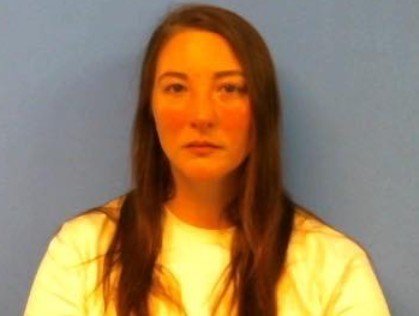Georgia Supreme Court Reconsiders DUI Conviction Amid Challenges to Evidence Admissibility

On May 29, 2019, the State accused the appellant of DUI (less safe) (alcohol), failure to maintain lane, and improper tires following a one-car accident on November 15, 2018. The charges were amended on January 12, 2021, to include four misdemeanor counts: DUI (less safe) (combined influence), DUI (less safe) (alcohol), failure to maintain lane, and improper tires. The appellant was convicted on all counts by a jury, and the Court of Appeals upheld the conviction in Garrison v. State, 368 Ga. App. 819 (2023).
The Georgia Supreme Court recently granted the appellant’s petition for a writ of certiorari, addressing two key issues.
The appellant argued that the Court of Appeals incorrectly determined that the State did not need to allege or prove its reliance on orders under the Judicial Emergency Act to extend the statute of limitations. The Supreme Court found that the Judicial Emergency Act’s orders are distinct from statutory tolling exceptions and extensions. The State need not prove reliance on such orders as they are effective automatically, and there is no factual defense a defendant can mount against a valid order.
Additionally, the appellant contended that the Court of Appeals erred by not applying OCGA § 24-7-702, which incorporates the Daubert standard for expert testimony, to evaluate the admissibility of Horizontal Gaze Nystagmus (HGN) test evidence. The trial occurred in August 2022, after the July 1, 2022, amendment to OCGA § 24-7-702, which aligned with federal standards for expert testimony. The Court found that both the trial court and the Court of Appeals had applied the outdated Harper standard, resulting in an erroneous evaluation of the HGN evidence.
The Supreme Court held that the Court of Appeals’ reliance on pre-2022 cases was misplaced and that the HGN evidence should have been evaluated under the Daubert standard. Given that the HGN test was a significant part of the evidence and the overall evidence of impairment was not overwhelming, the Court could not determine that the error was harmless.
The Court vacated the trial court’s judgment and remanded the case for reevaluation under the correct standard. If the trial court finds the HGN testimony admissible, it may re-enter the convictions and sentences, allowing the appellant to appeal again.
The Supreme Court’s decision underscores the importance of applying the correct legal standards for expert testimony and clarifies the handling of statutes of limitations in criminal cases.






